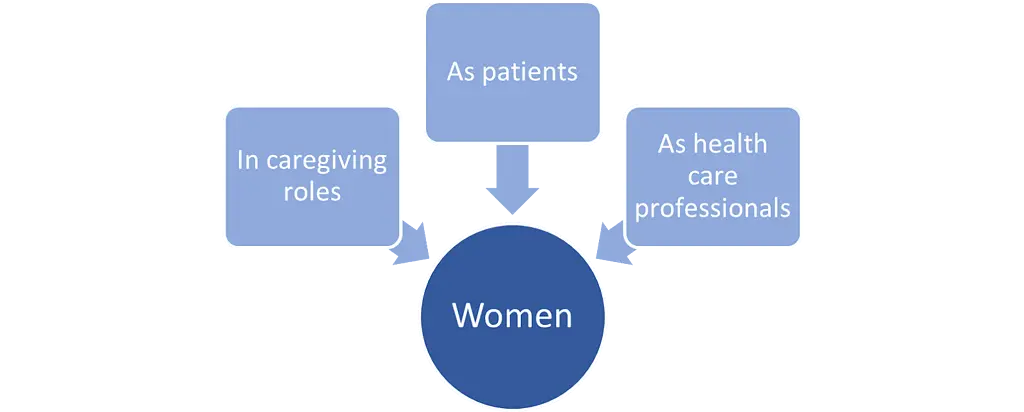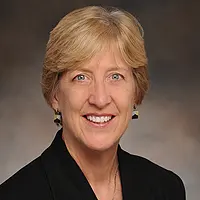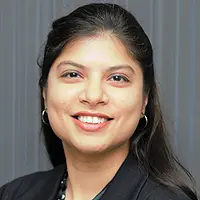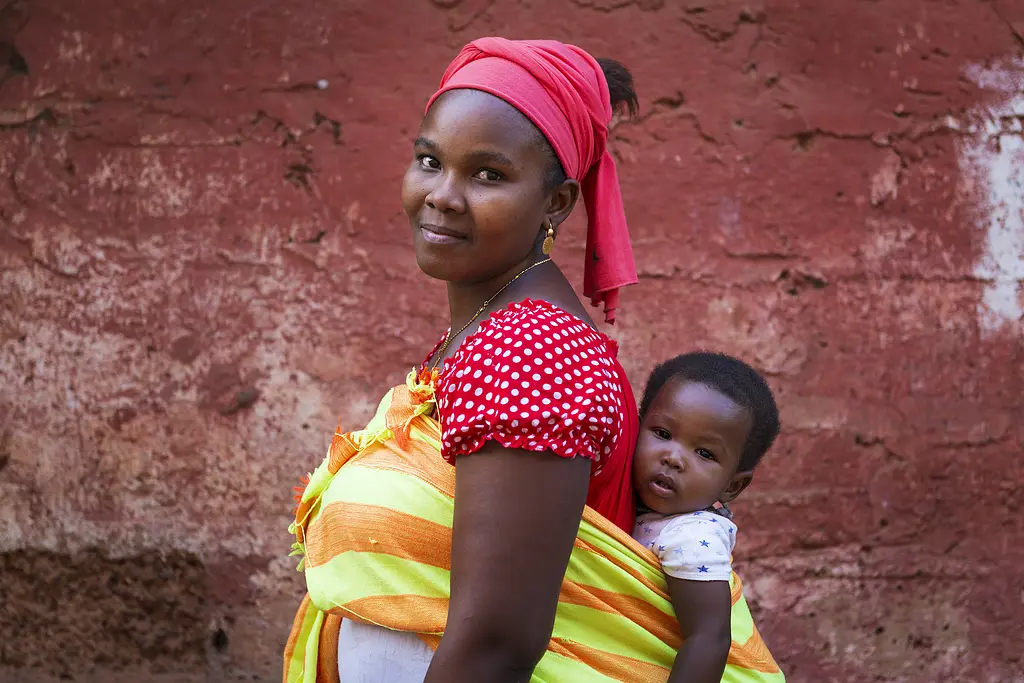Cancer is a leading cause of morbidity and mortality in developing economies, with an estimated 70% of deaths due to cancer occurring in low-and middle-income countries (LMICs). In 2019, women made up nearly half of these deaths, and according to new research from the International Agency for Research on Cancer, two thirds of cancer deaths under 50 happen to women. The majority of cervical and breast cancer deaths are premature and preventable, especially in LMICs where there are multiple barriers to accurate and timely diagnosis and access to quality care.
Effectively addressing the burden and impact of cancer among women is crucial to global development, because women play essential roles in their families and communities. Maternal death from any cause has lasting consequences for families, including increased risk of child mortality, reduced educational attainment for children, economic strain due to lost household income, and family fragmentation. Even when women survive cancer, the economic hardship associated with treatment can be significant.
In addition to the challenges for women who have cancer, women also fulfill vital caregiving roles for other cancer sufferers. Women take on much of the caregiving burden for ill family members, a time-consuming and unpaid responsibility. In fact, it’s estimated that women as caregivers contribute around US$3 trillion globally in uncompensated healthcare annually. Women also make up 67% of the workforce in the health and social sectors, meaning that they are on the frontlines of providing screening, diagnosis, and palliative care to patients with cancer.
Despite the myriad ways women’s lives are affected by cancer, standard calculations of the global economic cost of cancer do not include the value of many of their household and societal functions. This means less attention and resources are devoted to support women in seeking screening and care for themselves and in providing the skills, supplies, and support for their caregiving roles. Accurate data on the burden and impact of cancer is essential to the design of effective policies and programs to prevent and treat these conditions. If the impact of cancers on women is undervalued, the interventions implemented will not sufficiently address their needs.
The question arises: how can we comprehensively value the burden of cancer on women?
The Lancet Commission on Women and Cancer, co-chaired by Dr. Ophira Ginsburg and Dr. Verna Vanderpuye, is tasked with investigating the intersections of gender and cancer, with an emphasis on inequality, sociopolitical power, and other social determinants. We are proud to be working with Dr. Devaki Nambiar, Dr. Nirmala Bhoo Pathy, and Dr. Enrique Soto on a feminist approach to cancer economics which is deliberately inclusive and focused on disparities. We anticipate that our work will change what we measure and how we value the people living with cancer and those who care for them. Ultimately, we hope that the Commission’s recommendations will inform global and national policy makers on equitable approaches to address cancer in LMICs.
Below, we outline three pathways through which women are impacted by cancer that the Commission will examine to answer the question raised.

a) Women as cancer patients
Being a female cancer patient carries challenges that affect physical, mental, economic, and spiritual health. Disparities in access to diagnosis and care often affect women more than men. The high cost of cancer treatment is a shock to any household – even those with health insurance – but women are more likely to be under/uninsured than men. Women’s health needs are often viewed as secondary to men and children in the household, and health expenditures for women are systematically lower than for men.
b) Women in cancer caregiving roles
The role of women as caregivers to friends and family members with cancer includes providing personal care, supporting their medical care, performing household tasks, and arranging any outside services as needed. Although these are full time tasks, they are often carried out without any compensation or any monetary payment. Even when they are compensated, female caregivers generally must spend time on childcare and unpaid housework over and above their paid work. In a study conducted by the National Alliance for Caregiving, 58% of caregivers were classified as women and 50% lost formal work earnings while caregiving.
c) Women as health care providers
Women serve in many provider roles within the cancer care system, ranging from oncologists to community health workers. However, their representation and compensation is far from equitable. They are underrepresented in the workforce especially in the higher tiers of cancer care and face salary disparities in comparison to men. Barriers to women’s professional standing in the cancer profession include gender stereotypes, inflexible working hours, hierarchical structures, and a lack of appropriate training and mentoring.
A major part of our contribution to the Commission will be to value women’s cancer-related roles in a more equitable way. Through this work, we intend to define an inclusive economic approach to valuing women’s contributions and their health, understand setting of cancer priorities at the global and national level, and showcase the multiple roles of women in relation to their cancer experience. We will share the development of this work in a series of blogs and we welcome questions and feedback as we take a gendered look at global cancer.
For more information, please see related 2016 Lancet Series on Health, Equity, and Women’s Cancers.


